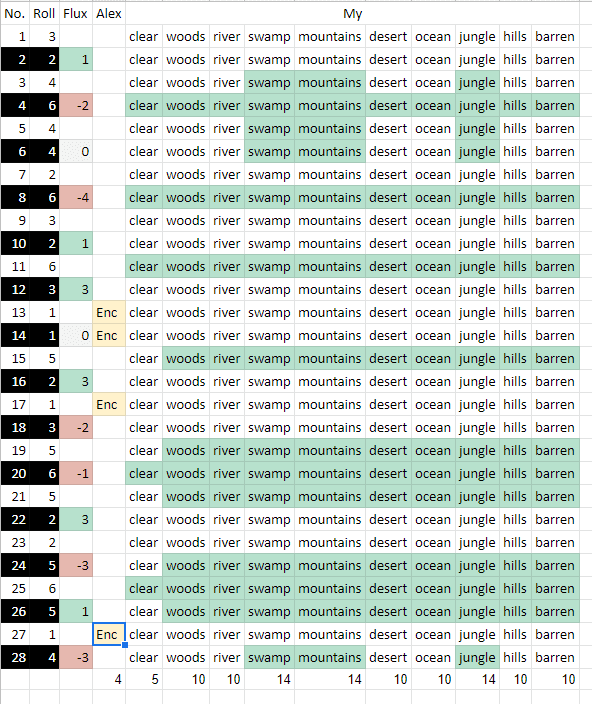(repost from my frotz.prose.sh blog)
The end of the calendar year is drawing close, and my life has sort of settled down and perhaps this year I will have some time to write a little on my blog. It's hard for me to commit, as my attention wanders and small changes in my life tend to make big disruptive waves.
Platform Change
Aside from my work stuff (boring boring boring) and personal life (cringey tempest-in-a-teacup sort of stuff), the biggest change recently for me has been to switch away completely from living on the Windows platform to a 100% linux-based setup. I still have to have VMs to run the occasional Windows software, mainly for clients, but all of that takes place from within Linux and all of my personal stuff has been switched over.
I am hopeful that being able to use some better tools and processes will help me clear out my backlog of projects I want to tackle (just thinking about the list exhausts me, so I won't enumerate even a portion here), and maybe help me de-clutter my digital stuff a bit.
I landed on PopOS! for my desktop OS. I'm not really a GNOME fan (not of the "new" GNOME that replaced the old GNOME2, anyway), but System76 has made some nice enhancements to the interface and I'm really digging it, and I can stay on a stable release. Plus PopOS! has good support for my nVidia graphics card.
I hate, hate, hate the rolling-release model for day-to-day tool use; I want to be able to power on, log in, and get to work -- not worry that one of my tools has broken and then have to roll back or find an alternative. I have Fedora Silverblue on my laptop but I expect to replace that with PopOS! as well as I've spent too much time fiddling with it to get the same sort of parity. Since I don't use my laptop as much I don't know what I was thinking -- it needs to be more stable than my desktop, not less. Unfortunately my hardware tends to be too new or require too many non-free drivers to use Debian, so I'm going to have to relegate it to my server.
Dungeon23
I'm going to try to do my take on the Dungeon23 project, but since I don't like following rules unless they're like a consensual agreement between parties I'm not going to follow along precisely. I figure I can do one area a week, but one room per day and using a paper journal and all that is just bollocks for me. I need less clutter in my home, not more. One area per week, digital content, and we'll see how it goes. I will probably put it up here once I get the logistics of hosting the images and files and I guess licensing figured out.
Other stuff
I expect I will post more ramblings about games as well - lately I've been thinking of the identity crisis of D&D and -alikes; the games can't seem to decide if they're supposed to be a coordinated team effort, or just the antics of superstars who are working side-by-side. I blame video games for this mentality (an easy scapegoat even if it's not totally accurate), and I expect I'll write up some stuff about this. Maybe some of it will actually be useful for discussion.
Wrap up
I think that's enough for one day. I hope if you're reading this your 2023 is better than your 2022 (no matter how good or bad your 2022 was). Maybe I can stick with this this year!
*** End of Line ***
